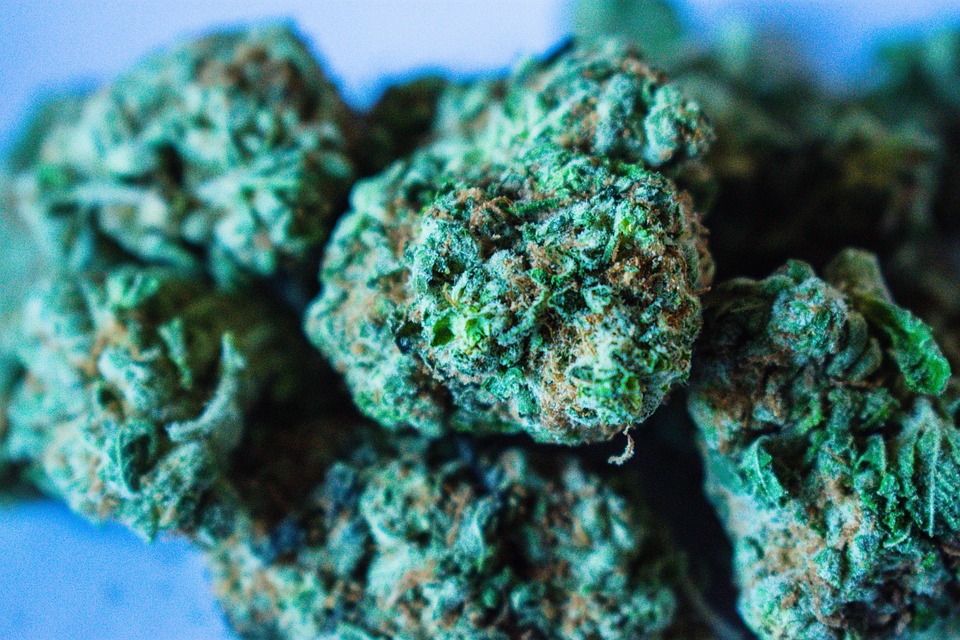Introduction
Hemp, also known as industrial hemp, is a versatile plant that has been cultivated for thousands of years. It has a wide range of uses, from textiles to food to biofuel. But one of the most exciting aspects of hemp is its eco-friendly benefits. In this article, we will explore how hemp can be grown and processed in a sustainable way, from seed to shelf.
Benefits of Growing Hemp
1. Sustainable Cultivation
Hemp is a fast-growing plant that requires minimal water and no pesticides or herbicides to thrive. This makes it an ideal crop for sustainable agriculture. In fact, hemp can help improve soil health by reducing the need for chemical inputs and promoting biodiversity.
2. Carbon Sequestration
One of the most exciting benefits of growing hemp is its ability to sequester carbon from the atmosphere. Hemp plants absorb CO2 during photosynthesis, making them a valuable tool in the fight against climate change. By growing hemp on a large scale, we can help reduce greenhouse gas emissions and mitigate the effects of global warming.
3. Renewable Resource
Hemp is a renewable resource that can be used to produce a wide range of products, from clothing to building materials to biofuels. Unlike fossil fuels, which are finite and non-renewable, hemp can be grown year after year without depleting natural resources.
Processing Hemp
Once hemp is harvested, it can be processed into a variety of products using eco-friendly methods. For example, hemp fibers can be used to make textiles that are both durable and biodegradable. Hemp seeds can be pressed to make oil for cooking or skincare products. And hemp biomass can be converted into biofuels that can replace fossil fuels in transportation.
Conclusion
Growing hemp in an eco-friendly way can have a positive impact on the environment. By choosing hemp products, consumers can support sustainable agriculture and reduce their carbon footprint. From seed to shelf, hemp offers a promising solution to many of the environmental challenges we face today.
FAQs
Q: Is hemp the same as marijuana?
A: No, hemp and marijuana are two different varieties of the Cannabis sativa plant. Hemp contains low levels of THC, the psychoactive compound found in marijuana, making it non-intoxicating.
Q: Is it legal to grow hemp?
A: The legal status of hemp varies from country to country. In the United States, hemp cultivation was legalized with the passage of the 2018 Farm Bill.
Q: Can hemp be used to make plastic?
A: Yes, hemp fibers can be used to make biodegradable plastics that are more sustainable than traditional petroleum-based plastics.

